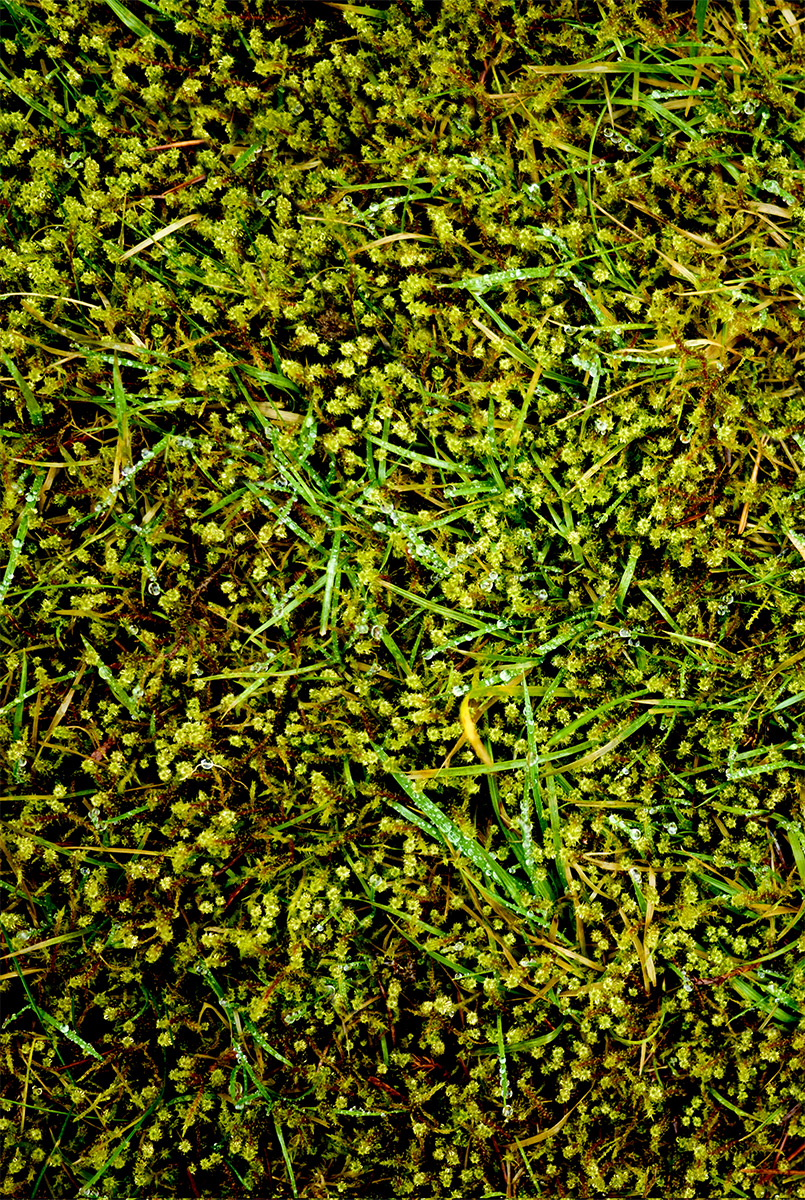
An Agreement of Fortune
Christina Montilla
An agreement between the match and the Chubby & Tubby pajama mostly reached conclusion on January 14, 1977 when my granddadd finally died—stopped short of his fortieth birthday, without further comment by his widow and five children.
The crystal ball of his sinful life was a weatherman. He’d told gramma he would never see the age of forty. She waived it off as another one of his warped, buck knife truisms.
We sometimes learn that any thing can become an object of fortune, except, probably, actual fortune. When you smoke Kools in bed, a piece of sun-hot ash can fall upon your pajamas. If these pajamas were flannel, and not enriched with fire retardant, purchased from the crowded flotsam full aisles of blue-collar Chubby & Tubby’s everything store, you may go up in flames.
What little financial settlement gained from pajamas burning a man alive in the mid-70s wasn’t enough to pull gramma and the kids out of the north end projects.
Our family has been in the papers once. The local reported that a man who’d sustained third degree burns was taken out of the ambulance on the side of Interstate 5. They needed to transport him southward to the public hospital Harborview, but they hit the King-Snohomish county line. He was removed from one county ambulance and hauled into another as cars zoomed past.
Before the pig-skin graphed to most of his body, granddady collected coins to pass the time.
The collection has D.B. Cooper-level infamy as an inheritance of personality. It’s a paper trail of wheat stalk one-cents, Buffalo nickels, silver certificates of who he was. The coin collection is hiding somewhere in a tin lunch pail with a lock. All the kids are desperate for this lunch pail.
Mama calls me from wherever she is to ask me if I’ve seen it. “No, I haven’t,” I say again when she asks me if I’ve found it yet at gramma’s house.
The morning granddaddy lit a match in bed and caught on fire is an origin story. The smell of his melting flesh and the burning flannel rusts like a penny on the tongue.
I inherited what the fire took: a mama who speaks sweetly to me, like dolls on a hospital floor. She’d trade me any day for her daddy.
I never met granddaddy, but someone leaves me pennies in the brown shag carpet of my bedroom at gramma’s house. They’re round and cool on the bottom of my foot.
We can, of course, manipulate any thing into an object of fortune.
He lived for many months after the accident. They say he tore any photograph taken of him before into tiny pieces. Imagine: a bull of a man, breaking picture frames, moaning and roaring through shiny, weeping animal skin, caged in a body no longer his, in an agony that none of us will ever see, in a house full of children, who scatter like marbles. They roll and they roll until they are so far away they are lost.
Whenever the kids are in town, or out of rehab, or it’s his birthday, we gather at an enormous, craggy Western Hemlock in St. Stephen’s section. In the always-shadow of the tree’s long, low boughs, we place handpicked purple-and-yellow faced pansies at granddaddy’s cemen locator block. It’s a weathered square stamped simply with his initials and gravesite number. We haven’t been able to afford a headstone yet, but the cemetery advertisement guarantees us that with one, and as good Catholics, we will share in the hope of resurrection with our buried loved one.
The kids don’t know about the pills. I discover a buried copy of granddaddy’s death certificate at the back of a stuffed and unused filing cabinet. I thought he died from his burns. I read the typewritten cause of death out loud to gramma for her to translate.
“Did he kill himself?” I ask her.
She doesn’t know, she tells me and her words are a suitcase with a zipper stuck, crowded and distending from the contents caught in the teeth. She tells me she wouldn’t blame him if he did.
“I sure would love to see that coin collection, baby,” mama says to me again and I hang up the phone. It’s been forty years.
I never met granddady, but in every room of gramma’s house, the swirl of a penny sucked up by the vacuum rattles like pneumonia in the chest, rattles like someone’s choking on our wealth in pennies.
Originally published in Moss: Volume Five.


